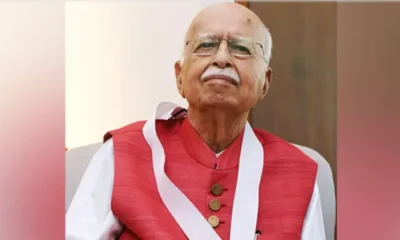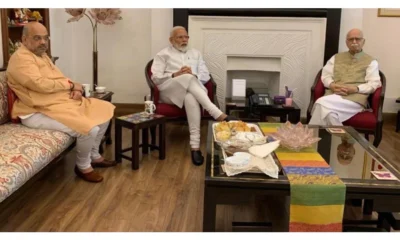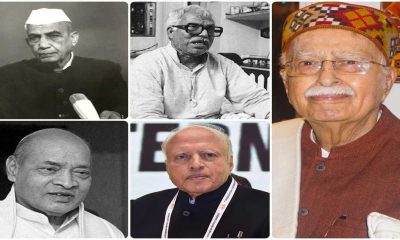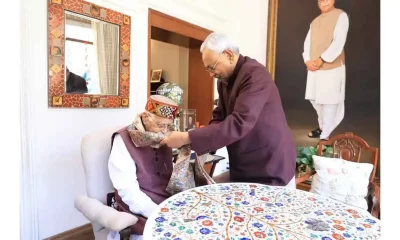[vc_row][vc_column][vc_column_text]Senior BJP leaders LK Advani, Uma Bharati and Murli Manohar Joshi appears before Special Court in Lucknow for framing of conspiracy charges against them.
1949: Idols of Ram Lalla are secretly placed in the Central dome of Babri Masjid.
1950: Ram Simla Visharad files first case in Faizabad civil court for granting rights to perform pooja to Ram Lalla.
1950: Paramahansa Ramachandra Das files suit for continuing pooja and keeping idols in the structure.
1959: Nirmohi Akhara files third suit, seeking direction to hand over the site. In 1961, Sunni Central Wakf Board files fourth suit, asking for possession. In the name of Ram Lalla Virajiman, Akhara files the fifith suit in 1989.
1986: District judge orders to remove the locks. Site was opened for Hindu worshippers.
1989: The four suits pending were transferred to the High Court.
1990: The then BJP President LK Advani embarks on a cross-country “rathyathra” to garner support for a Ram temple at the site. Bihar government arrests him on his arrival to the state. BJP withdrew its support for the then Janata government.
December 6, 1992: Karsevaks demolish Babri Masjid, thus creates a shock in the secular fabric of India. Two FIRs filed in the Babri Masjid case.
1993: 67 acres around the area was taken up by Government. It seeks Supreme Court’s opinion whether a Hindu worshipping place existed before the structure was built.
October, 1993: CBI files chargesheet and accuses Advani others of “conspiracy”.
1994: Case goes back to Lucknow High Court.
May 4, 2001: Special CBI court judge S.K. Shukla scraps conspiracy charge against 13 accused, including Advani and Kalyan Singh. Bifurcates Crimes 197 and 198.
May 20, 2010: Advani and other leaders absolved of conspiracy charges.
Allahabad High Court upholds May 24, 2001 judgment of scrapping conspiracy charges, dismisses CBI’s revision petition to proceed with conspiracy charges against Acvani and others.
September 30, 2010: Allahabad HC awards two thirds of disputed land to Hindu parties, and one third to Waqf Board.
February, 2011: CBI moves Supreme Court arguing, “the actual demolition of the Babri Masjid and the continuous assault on media persons form a single connected transaction and can well be a concerted conspiracy”.
May 9, 2011: Supreme Court stays Allahabad High Court verdict.
March 6, 2017: The top court indicates it may revive the conspiracy charge and order a joint investigation of crimes 197 and 198.
March 21, 2017: Chief Justice of India JS Khehar suggests an out-of-court rapprochement in the issue instead of a court battle, offering help to settle the issue amicably.
March 23, 2017: The Supreme Court appoints a bench of Justices P.C. Ghose and Rohinton Nariman for detailed hearing on the CBI appeal against the dropping of the criminal conspiracy charge against LK Advani and other BJP top leaders.
6 April, 2017: SC favours time-bound completion of trial in the Babri case and reserves order on CBI’s plea
April 19, 2017: The Supreme Court reinstates conspiracy charges against LK advani and Murli Manohar Joshi and 13 others in the Babri Masjid demolition case.
May 24: The Special CBI Court orders senior BJP leaders LK Advani, Union Minister Uma Bharti and Murli Manohar Joshi to appear before the court for filing conspiracy charges against them. The court in lucknow grants bail to former Shiv Sena MP Satish Pradhan after he surrenders.
May 26: Denying any exemption from appearing, the Special Court directs the BJP leaders Advani, Bharti and Joshi to appear on May 30 for filing charges.
May 30: Former Deputy Prime Minister LK Advani, Union Minister Uma Bharti, Murli Manohar Joshi appears before the court.[/vc_column_text][/vc_column][/vc_row]
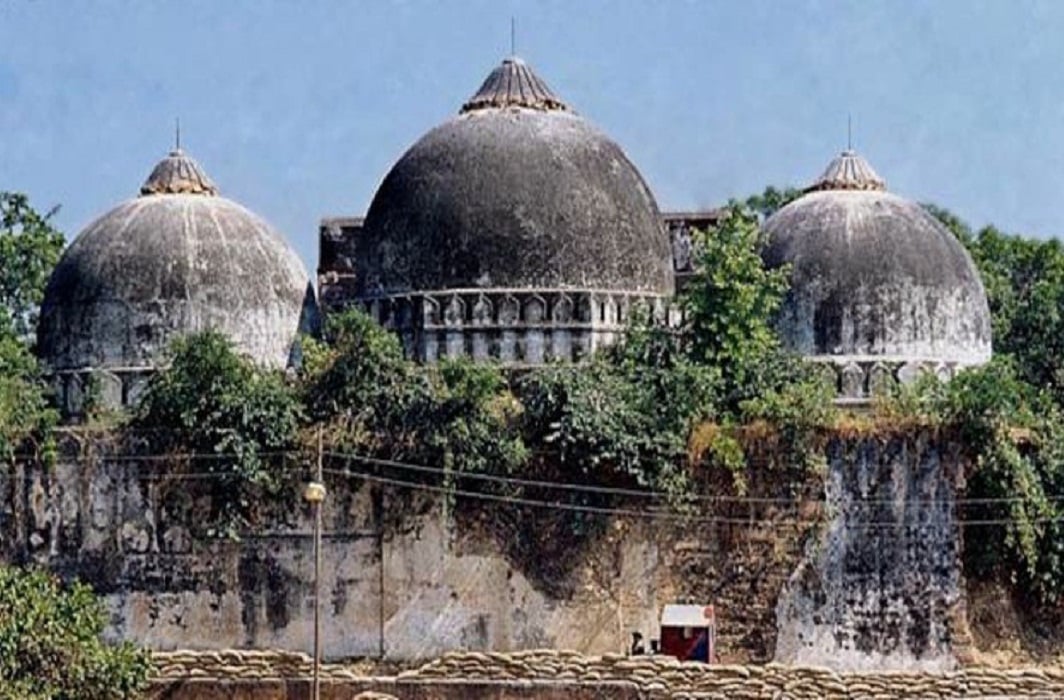

 Latest world news22 hours ago
Latest world news22 hours ago
 Latest world news23 hours ago
Latest world news23 hours ago
 Cricket news23 hours ago
Cricket news23 hours ago
 India News19 hours ago
India News19 hours ago
 India News14 hours ago
India News14 hours ago
